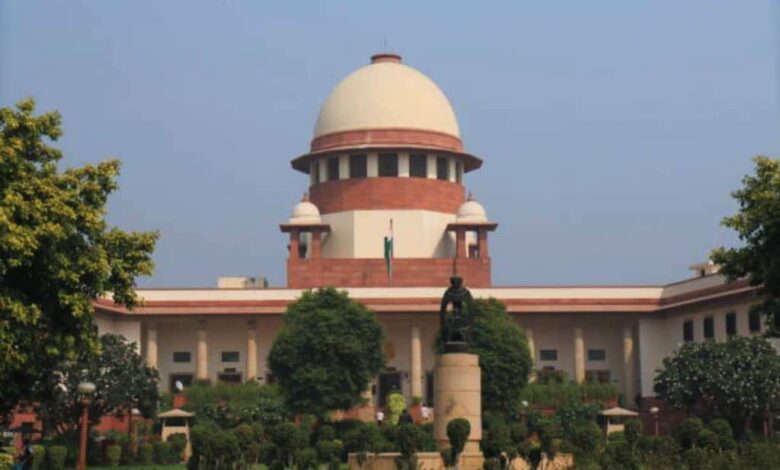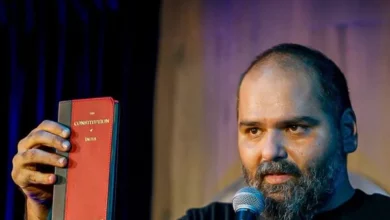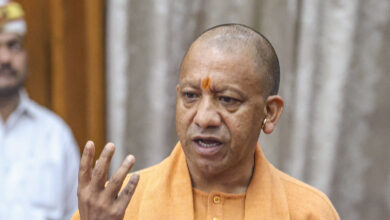
In a significant ruling, the Supreme Court has asked the Central Bureau of Investigation to probe a case relating to a defraudatory petition filed against Ajay Katara, the star witness in the high-profile 2002 Nitish Katara murder case. The Supreme Court’s decision has come after the petitioner claimed that he had not authorized any litigation relating to the order of the Allahabad High Court that had scrapped criminal proceedings against him.
Ajay Katara was instrumental in the sentencing of Vikas Yadav and Vishal Yadav, son and nephew of former MP D.P. Yadav, respectively, to 25-year imprisonment each for murder. An allegation of having raped the daughter of the petitioner was the basis of the case against Katara. But the petitioners themselves informed the court that no such case existed.
During the hearing, the petitioner told the bench that he went to Delhi, joined the investigation, and lodged a complaint, having found a petition was filed in his name without his consent. The Supreme Court was informed about the alleged manufacture of documents aimed at the false implication of Ajay Katara in a criminal case by some advocates and others.
A division bench comprising Justices Bela M. Trivedi and Satish Chandra Sharma expressed deep concern over the abuse of the process of law. The court recorded, “The petitioner has never instructed any Advocate for filing this Special Leave Petition. Since his daughter eloped in 2013, he had never met any of these protagonists herein”.
It also underlined that the motive behind such false prosecutions was that the petitioner’s daughter and son-in-law had tried to use the courts to deny justice a fair name. Ajay Katara has continuously received threats and harassment because of his role as a witness; he claims to have been falsely implicated in at least 37 cases, out of which he has been discharged in 35.
Condemning attempts to mislead the judiciary, the Supreme Court said the gravity of the situation warranted handing over the investigation to the CBI. The acts against Katara are part of an ongoing attempt at intimidating him due to his deposition in the Nitish Katara murder case, amounting to a serious misuse of processes of law meant for the protection of justice.



